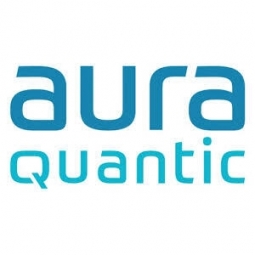Licores de Guatemala's Digital Transformation with AuraQuantic
- Cybersecurity & Privacy - Security Compliance
- Platform as a Service (PaaS) - Application Development Platforms
- Procurement
- Quality Assurance
- Inventory Management
- Leasing Finance Automation
Licores de Guatemala, a leading producer and distributor of aged rums and other high-quality spirits, was facing challenges in its purchasing cycle. The company was struggling with administrative tasks and repetitive procedures that were time-consuming and inefficient. The purchasing process, which spanned from purchase requests to complete order traceability, lacked integral control. The company was also grappling with the need to adapt to the new demands of its internal customers. The initial digital transformation project was limited to a series of measures aimed at optimizing the purchasing process within its ERP SAP ECC 6.05. However, the management team at Licores de Guatemala realized the need to expand the project across the entire process, which consisted of eight phases.
Licores de Guatemala is the largest producer and distributor of aged rums and other high-quality spirits in both national and international markets. With over 80 years of experience, the company offers a wide and varied catalog of brands. This includes its own brands such as Botran, Zacapa Centenario, Venado, Xibal Gin, and Quezalteca, as well as imported brands such as Viña Tarapacá, Sarmientos and Mancura Guardián. The company was looking to streamline its purchasing cycle and adapt to the new demands of its internal customers.
Licores de Guatemala decided to remodel its purchasing cycle on the AuraQuantic platform. This platform incorporates business process automation technology, which was aimed at streamlining workflows and providing greater visibility and control over the different tasks related to the purchasing cycle. The digital transformation project was expanded to cover the entire process, including management of order requests, purchase management, purchase process monitoring, notification to users pending approval, information on registered orders, management of down payments, and transfer to SAP of approved down payments. The digitalization of the purchasing cycle resulted in significant benefits for different areas of the company. Workflow automation increased productivity levels and business efficiency, minimized manual work, and reduced paperwork and data tabulation.
Related Case Studies.











